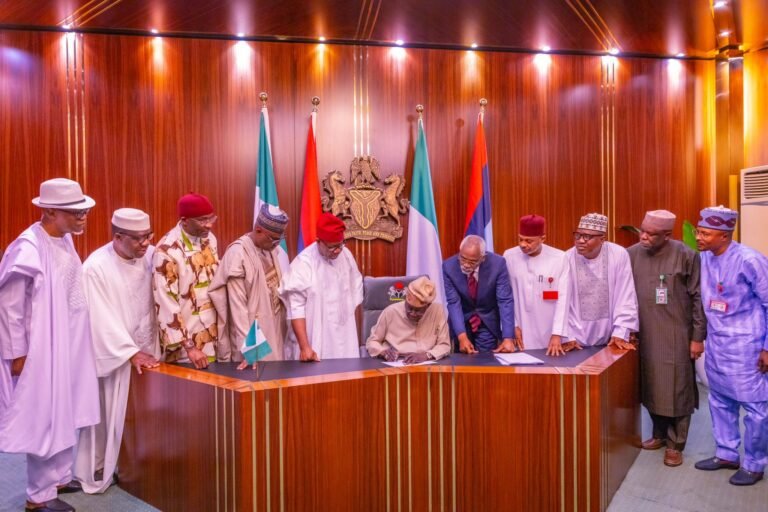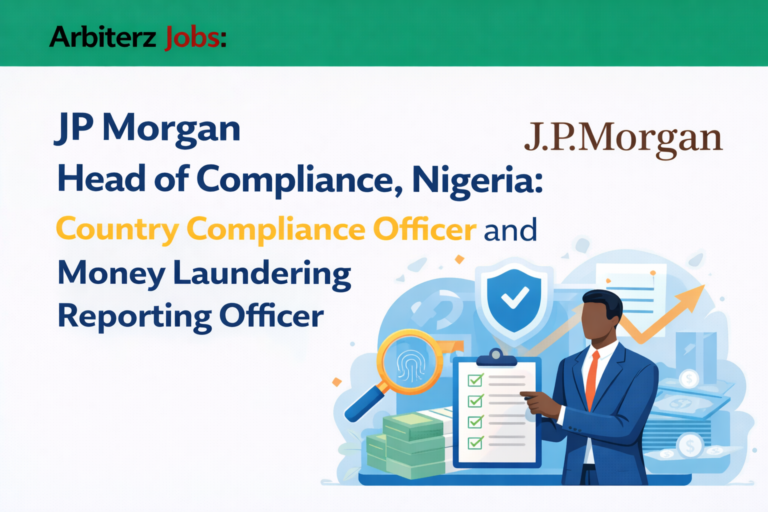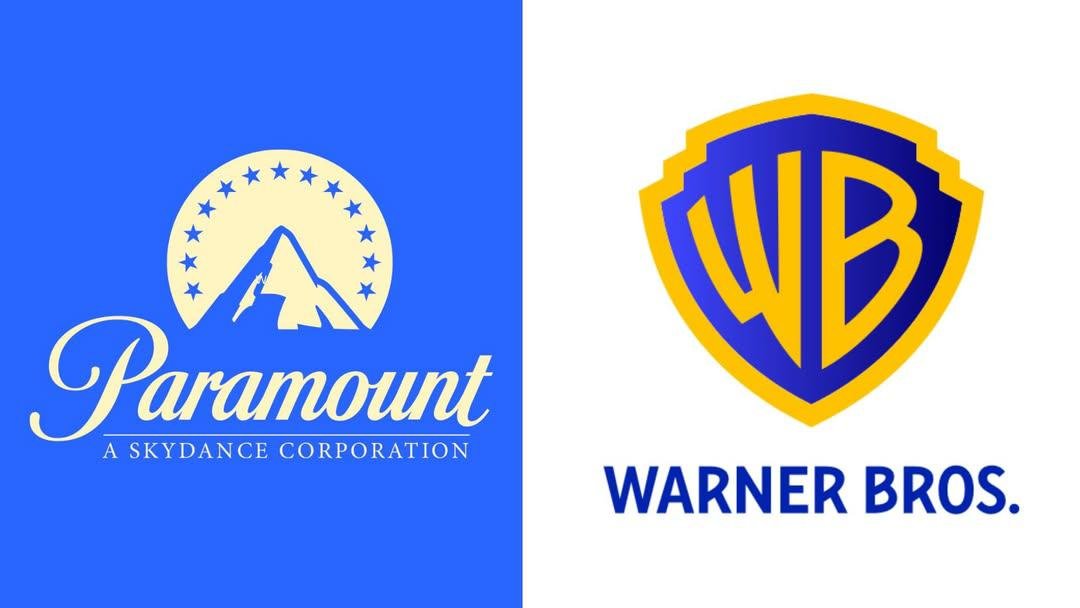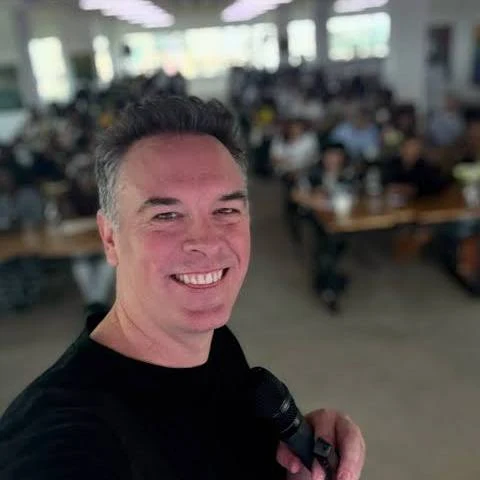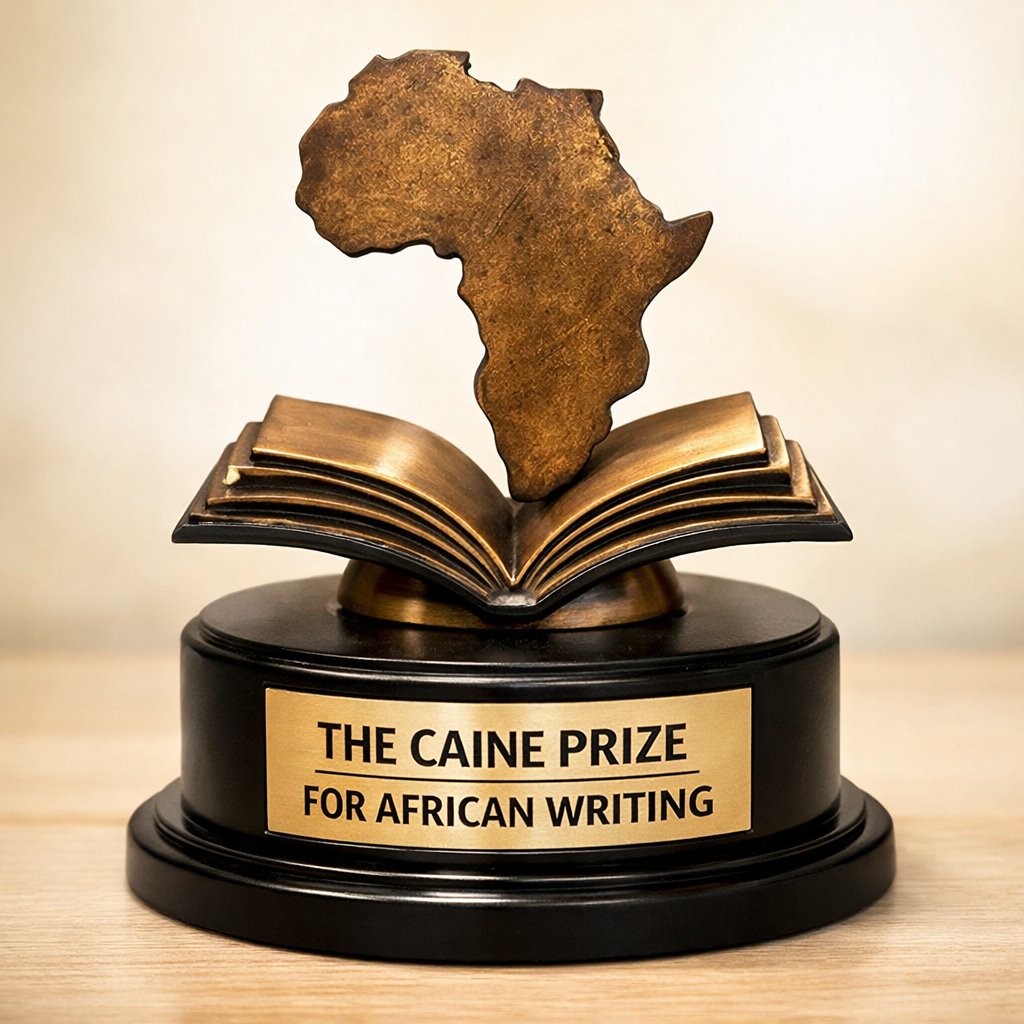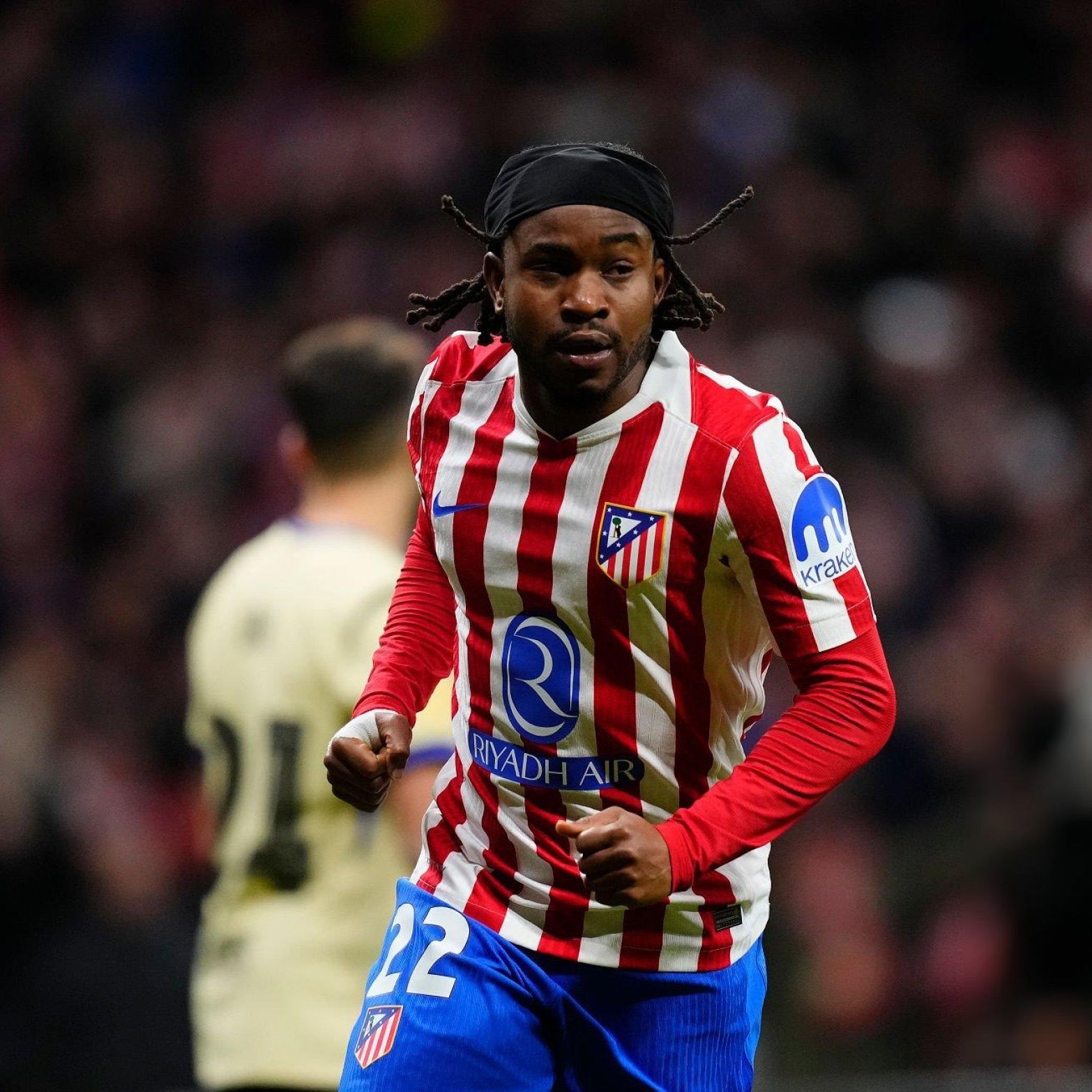Daniel Etim Effiong’s directorial debut The Herd has stormed Netflix like a monsoon, amassing over 30 million views in its first week and topping charts across Africa.
Released in cinemas on October 17 and streaming since November 21, the thriller transforms a joyous Ekiti wedding into a blood-soaked nightmare, as gunmen disguised as cattle herders ambush the celebrants, dragging them into a forest hell of ransom demands, betrayals, and organ harvesting.
Starring Effiong alongside Mercy Aigbe, Kunle Remi, Genoveva Umeh, and Tina Mba, the film has been hailed as Nollywood’s boldest stab at confronting Nigeria’s banditry crisis – but not without backlash that threatens to fracture its acclaim.
At its core, *The Herd* follows Gosi (Effiong), a man grappling with his wife’s cancer relapse, who attends his best friend’s wedding only for the convoy to be hijacked by a syndicate of bandits led by the cunning Habiba (Linda Ejiofor-Suleiman).
What unfolds is a raw dissection of survival: families scraping together ₦50 million ransoms, corrupt pastors (Lateef Adedimeji) peddling body parts, and a sheikh entangled in the web.
Effiong, transitioning from actor to auteur, infuses the 111-minute runtime with visceral tension – chaotic gunfights echo real ambushes, while the forest hideout’s dread mirrors the impunity of groups like those plaguing the North-Central belt.
“This isn’t fiction anymore; it’s Nigeria’s present,” one viewer tweeted, capturing the film’s eerie timeliness amid 2025’s surge in abductions.”
Technically, The Herd shines.
Cinematographer Oluwaseun Adebowale’s Southwest terrains – dusty roads, shadowed bushes – pulse with authenticity, while the sound design (gunshots, muffled pleas) claws at the gut.
The multilingual dialogue (Hausa, Yoruba, Igbo) weaves Nigeria’s ethnic tapestry, underscoring how violence devours across divides.
Effiong’s script, co-written with Bismarck Alex, layers personal grief atop societal rot, earning an 8.6/10 on IMDb from fans who call it “the only Nigerian film I’ve rated 9/10” for ditching “Lekkiwood fluff” for unflinching truth.
A N47.1 million opening weekend proves audiences crave this grit.
Yet, for all its pulse, The Herd stumbles in nuance.
Plot holes abound – a ransom drop shifts inexplicably from Kogi to Ekiti, police vanish mid-rescue, and loose ends (fates of other hostages? Gosi’s corporate fraud?) dangle unresolved.
Critics like Daniel Regha pan it as a “2/10” for ethnic caricatures: Hausas as bandits, Yorubas as accomplices, Igbos as egotists, and churches as criminal hubs.
“It simplifies a hybrid terror network into rag-tag impulsives,” argues one analyst, ignoring the ideological, political, and foreign funding threads in real banditry.
The Osu caste subplot? Fabricated fiction that jars against the film’s “realism” claims.
But the real inferno rages over implications. In a Nigeria where over 1,000 abductions scarred 2025, The Herd drops like a grenade into the farmer-herder chasm.
Proponents see it as catharsis: a “brutal mirror” exposing greed-fueled impunity, from forest ambushes to elite complicity.
“It indict[s] a nation that has normalised tragedy,” raves Premium Times, noting how recent Kebbi school kidnappings make the film’s randomness hit harder.
On X, voices like @theefiyinfoluwa hail its spotlight on “insecurity, economic instability, [and] rural breakdown,” urging: “God help Nigeria”
For Southern viewers, it’s empowerment – a refusal to “gaslight” the daily dread, as @Billy_Kunta puts it, where “no lie [is] detected.
“Globally, it positions Nollywood as Africa’s conscience, blending genre thrills with social scalpel, much like Blood Diamond did for Sierra Leone.
Swing to the extreme other end, and the film is a Molotov cocktail of hate.
Northern and Muslim communities, led by ex-Buhari aide Bashir Ahmad, decry it as “dangerous stereotyping” that equates Fulani herders with terrorists, ignoring innocent victims of the same violence.”It paints an entire group in a negative light,” Ahmad warns on X, fueling #BanNetflix calls and app deletions.
@Fulani_Tutor’s viral rant – “Ban Netflix, Ban the herd… As a Muslim, you have no business with this movie” – amassed 447 likes and 1,000 replies, echoing fears of stigma escalation in a region already scarred by reprisals.
Detractors argue it ignores herders’ plight – no budget for modernization, existential threats from climate and policy voids – per cleric Ahmad Gumi’s pleas for dialogue over demonization.
In this view, The Herd doesn’t heal; it hacks deeper into ethnic fault lines, risking vigilante backlash in a powder-keg federation.
“If you’re angry… you’re part of Nigeria’s problem,” shoots back @Wizarab10, but the divide widens: one side sees truth-telling, the other tribal sabotage.
Did they nail the job? Unequivocally, on craft and courage – Effiong’s vision elevates Nollywood’s thriller game, proving homegrown stories can grip like Hollywood imports.
But ethically? It’s a mixed bag, amplifying voices while flirting with bias.
In this moment of despair – with banditry displacing millions and eroding farms – The Herd demands we reckon: Art as alarm bell or accelerant?
As one X user quips, “The war never ended. Tactics were changed.”









